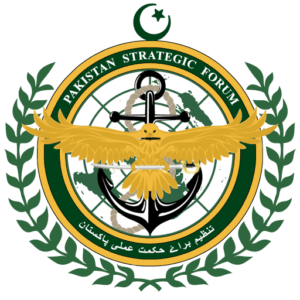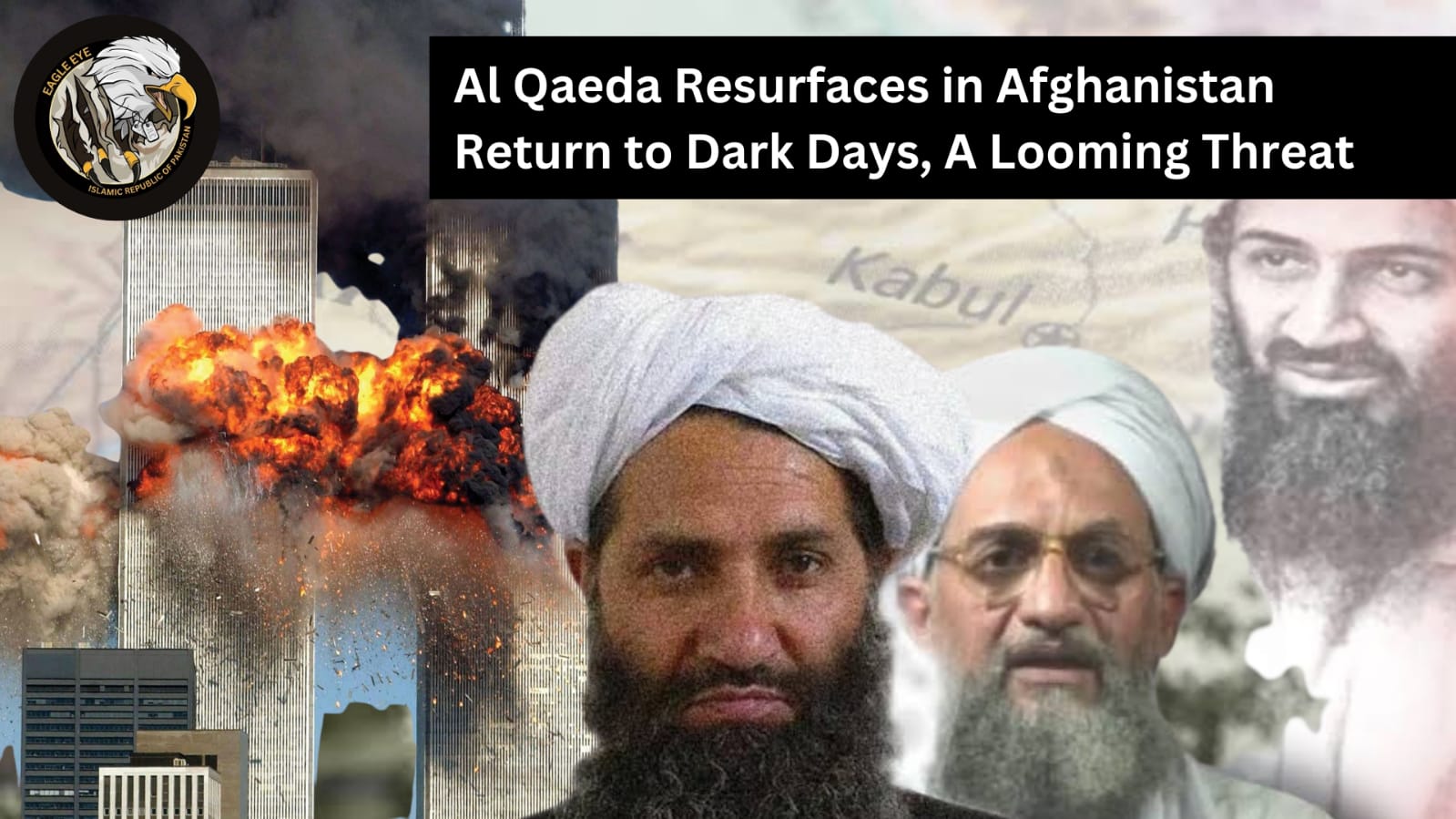Introduction
The measures implemented to protect one’s cherished values are termed as “security” and in the contemporary world, both state and individuals are the referent objects of security. By the start of the 21st century, our world had become a global village due to massive development in technology and transportation infrastructure. As a direct consequence, the world developed shared political, economic, social, and environmental doctrines that have made the concept of security global. The term globalization means the world is now highly interconnected and problems in one state be the problems for the whole world.
Globalization as a challenge
Why globalization can be a challenge to international security? What makes it complex? How political, social, military, economic, and environmental issues in one state or a group of states can adversely affect the globe? Here the short report will discuss these issues and their aftermaths.
Globalization has made the world interconnective but has also connected complex issues. In our present age, if there are tensions in a particular region e.g. Asian region, all the other states would show diplomatic concern, and if the need arises intervene via covert action or open military action. A good example of this is the current strategic geological situation between China, Pakistan, and India. All the world’s states are concerned about their security situation because any nuclear war between these three would adversely affect the whole world. This cognitive nature of globalization makes issues complex.
The political and economic interdependence among states is good but carries other side risks of the coin as well. Taking the example of China, the world’s leading economic power, any economic instability, or pandemic like COVID-19 caused economic instability in China and it negatively impacts other aligned states as well. Moreover, the great depression in the early 20th century has already demonstrated the negative impact of economic interdependence.
People travel to more than one state in this modernized world and their travel has become easy due to development in aviation technology and no air restrictions. The issue is pandemics also move along side by side with people, for instance, COVID-19, Ebola, and many others. So, from one state, they transverse to another state and from there to another one becoming a global crisis. This situation demonstrated the adverse effects of interconnectivity. When states are interconnected their social norms are also being shared. This exchange of norms and ideologies is fine but raise unintended complexities as well. For example, the current Black lives movement in the USA against white supremacy demonstrated the same demonstration in UK and New Zealand. The same is the case with the Feminism movement in Pakistan, which took an extreme form in our society and is considered anti-Muslim in Pakistan.
Conclusion
It is clear now how globalization can adversely affect many states at once. This does not mean that there are no benefits of globalization. There are many positive impacts but there are certain ramifications which are a great challenge to international security. It impacts international security both traditionally as well as non-traditional areas. Economic, political, or social instability in one state may affect others as well, but the goal should always be the well-being of people and their associations.
Author: Usama Hijazi
About Author: Usama Hijazi is BS International Relations student at National University of Modern Languages.
Areas of Interest: Nuclear non-proliferation , South Asian security Dynamics and implications for Regional peace, Maritime Security Complexity and Interests of Great Powers, Foreign Policy Analysis.
Note: The views expressed in this article are the author’s own and do not necessarily reflect the editorial policy of Pakistan Strategic Forum.
#TeamPakistanStrategicForum






